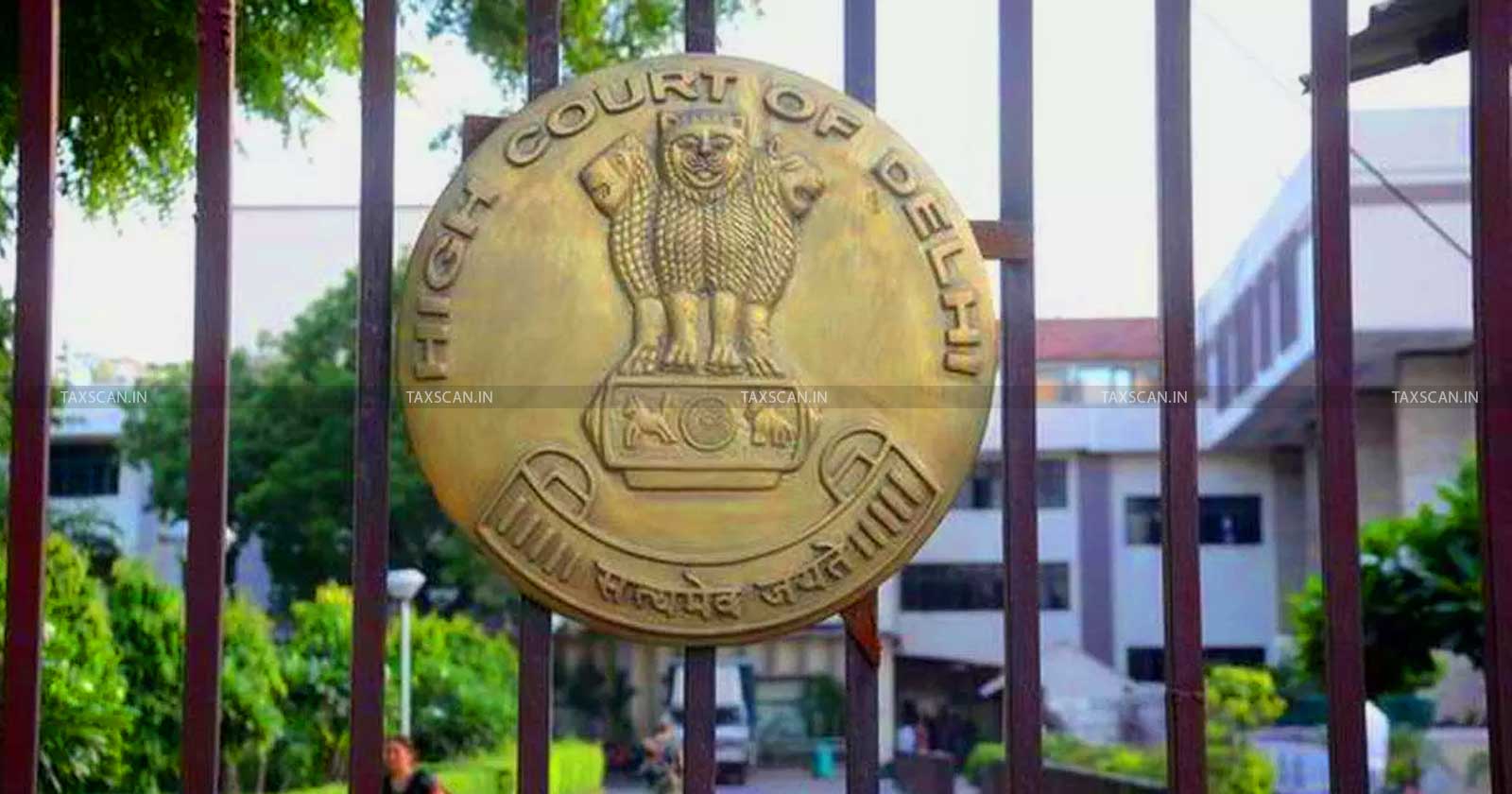Liquidated Damage arises on Delayed Supply of Service to BSNL and MTNL adjusted With Purchase Amount: Delhi HC upholds Deduction of Liquidated Damage Based on Evidence [Read Order]
Delhi High Court allows the deduction of liquidated damages based on the invoice submitted.

Liquidated Damage – Delayed Supply of Service – BSNL – MTNL – Purchase Amount – Delhi HC – Delhi HC upholds Deduction of Liquidated Damage – taxscan
Liquidated Damage – Delayed Supply of Service – BSNL – MTNL – Purchase Amount – Delhi HC – Delhi HC upholds Deduction of Liquidated Damage – taxscan
In a recent judgement, the Delhi High Court upheld the deduction of liquidated damage based on evidence. The liquidated damage arises from the delayed supply of service to BSNL and MTNL adjusted with the purchase amount.
The appellant/revenue challenged the order passed by the Income Tax Appellate Tribunal [“Tribunal”]. The only issue which arose for consideration before the statutory authorities was: Whether the respondent/assessee had rightly claimed a deduction about liquidated damages?
UT Starcom Inc., the respondent/assessee had made a provision for the liquidated damages in the preceding Financial Year (FY), i.e., F.Y. 2006-07 (AY 2007-08). The respondent/assessee had thus made a provision in the AY 200708 amounting to Rs.3,87,12,148/-.
The respondent/assessee claimed a deduction of liquidated damages, albeit on the actual basis of an amount equivalent to Rs. 4,37,36,387/-. This amount included the sum referred to hereinabove which was provided as liquidated damages in the preceding AY i.e., Rs.3,87,12,148/-, and Rs. 50,24,239/- which was additional compensation that the respondent/assessee had to pay towards the liquidated damages in the period in issue.
The Assessing Officer (AO) concluded that the respondent/assessee had not proved that it had suffered damages amounting to Rs.3,87,12,148/- which was the sum provided in the preceding. The AO allowed the deduction amounting to Rs.50,24,239/-.
The respondent/assessee carried the matter in appeal to the Commissioner of Income Tax (Appeals) [“CIT(A)]. The CIT(A) examined the material on record and returned a finding of fact that the respondent/assessee had suffered damages to the extent of the provisions made in the preceding AY, i.e., Rs.3,87,12,148/-.
The CIT(A) found that the respondent/assessee had to make supplies to BSNL and MTNL. Since, there was a delay in making the supplies, liquidated damages were adjusted by the said entities against the invoices raised by the respondent/assessee.
The CIT(A) has given the details of the purchase orders, the value of the invoices, and the liquidated damages deducted by BSNL and MTNL against each of the purchase orders. The Tribunal, however, was not impressed with the arguments advanced on behalf of the appellant/revenue, and hence sustained the findings returned by the CIT(A) about the liquidated damages suffered by the respondent/assessee.
A division bench comprising Justice Rajiv Shakdher and Justice Girish Kathpalia held that “there is nothing brought on record to suggest that the findings returned by the CIT(A) are perverse. Thus, having regard to the orders passed by the CIT(A) and the Tribunal, according to us, no substantial question of law arises for our consideration.”
To Read the full text of the Order CLICK HERE
Support our journalism by subscribing to Taxscan premium. Follow us on Telegram for quick updates


